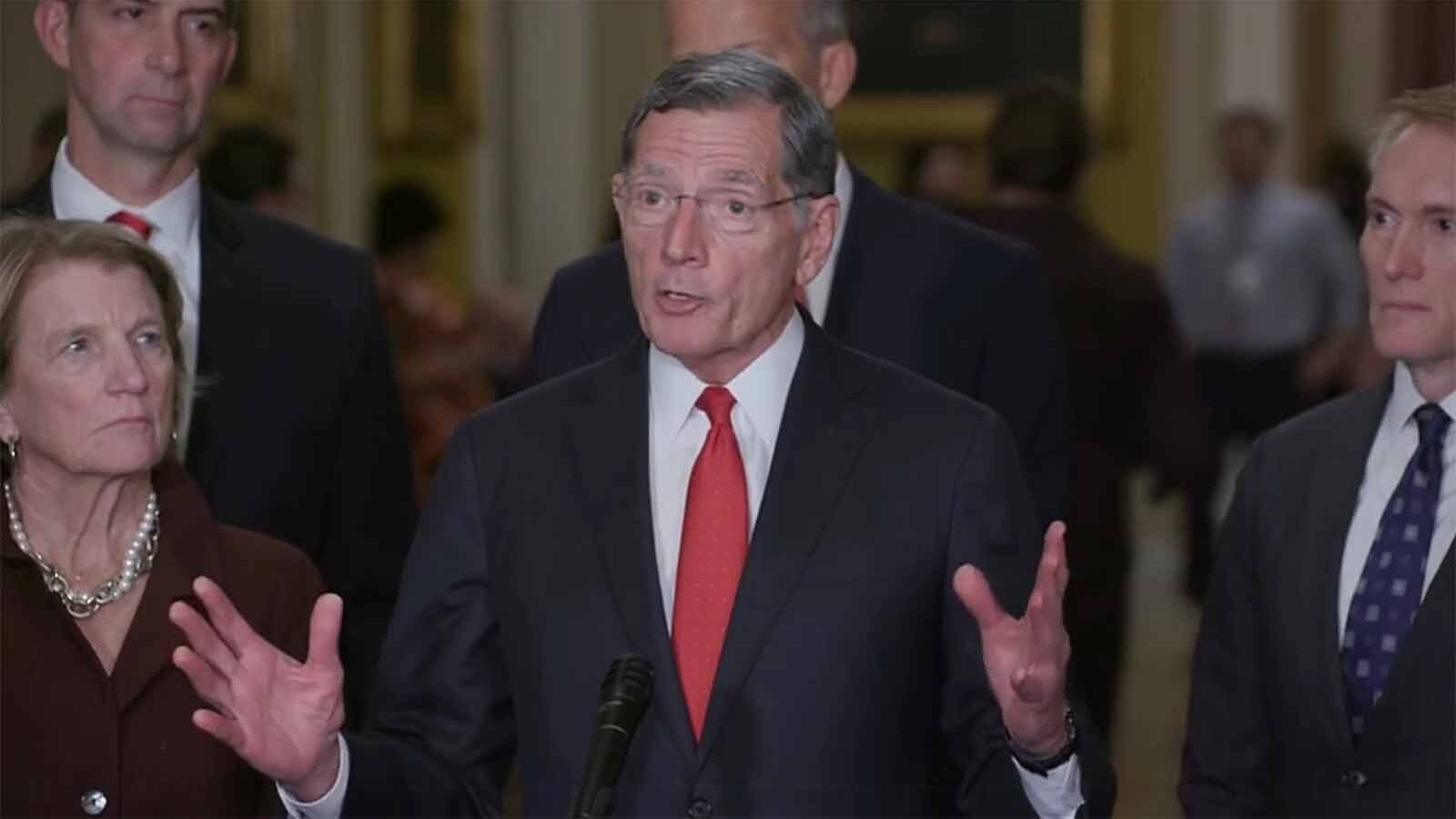Nature has rights, but that shouldn’t stop housing development in Jackson, the town council declared.
Following the lead or Native American tribes and some other countries around the world, the council Monday passed a resolution to “recognize and uphold the rights of nature.”
The proclamation isn’t legally binding, said Tanya Anderson, the town’s ecosystem stewardship administrator, who introduced the measure to the council.
“This is more aspirational and inspirational” and won’t affect such things as property rights and housing development, Anderson said, according to a recording of the meeting.
Town Councilman Jimbo Rooks told Cowboy State Daily that he thinks the resolution supports Wyoming values and is about conservation, not preserving nature untouched.
“I was happy to vote for it,” he said. “I’m a lifelong Wyoming resident, and I love our mountains, rivers, and prairies and lakes.”
Cheyenne Mayor Patrick Collins said he understands the spirit of Jackson’s resolution, but doesn’t see his city’s council rushing to declare that nature has rights.
“A lot of the reason we live here is to be in proximity to the great outdoors and we understand the responsibility to leave Cheyenne better than we found it,” he told Cowboy State Daily. “The resolution sounds interesting, but it’s not something I see the Cheyenne City Council passing.”.
Has Force Of Law In Some Countries
Nature’s rights are being recognized in other places across the country and the world, according to Jackson’s resolution.
“The rights of nature movement is rooted in the idea that nature has intrinsic value and, with that, the right to exist and flourish,” Jackson’s resolution reads. “It is a global movement inspired and led by indigenous people. In 2008, Ecuador became the first country in the world to formally recognize the rights of nature in its constitution.”
In the tiny South Asian nation of Bhutan, the constitution declares that citizens have “the duty to preserve, protect and respect the environment, culture and heritage of the nation,” according to the resolution.
Pittsburgh, Pennsylvania, New Zealand and other towns, cities and nations have issued similar resolutions and proclamations.
Dollars And Conservation Sense
Rooks said Jackson’s resolution was inspired by the “spiritual foundations” of Native American respect for nature.
The resolution also is about taking a long-term view and conserving nature for its intrinsic value, as well as for the enjoyment of people and economic benefits, he said.
He thinks that reflects what most Wyomingites want, even if they aren’t ready for their towns and cities to do as Jackson did and formally recognize that nature has rights.
“I’ve lived all over the state, so I’m definitely aware of how the rest of the state sometimes views Jackson,” he said.
Along with the moral and ethical reasons for recognizing the rights of nature, there’s a pragmatic side, Rooks added.
A clean, vast and well-conserved ecosystem is good for Wyoming’s pocketbook, he said.
“Eco-tourism is a massive economic driver in this state as it is,” he said. “We have to ask, 100 years from now, what is the basis of Wyoming’s economy?”
Mark Heinz can be reached at mark@cowboystatedaily.com.





